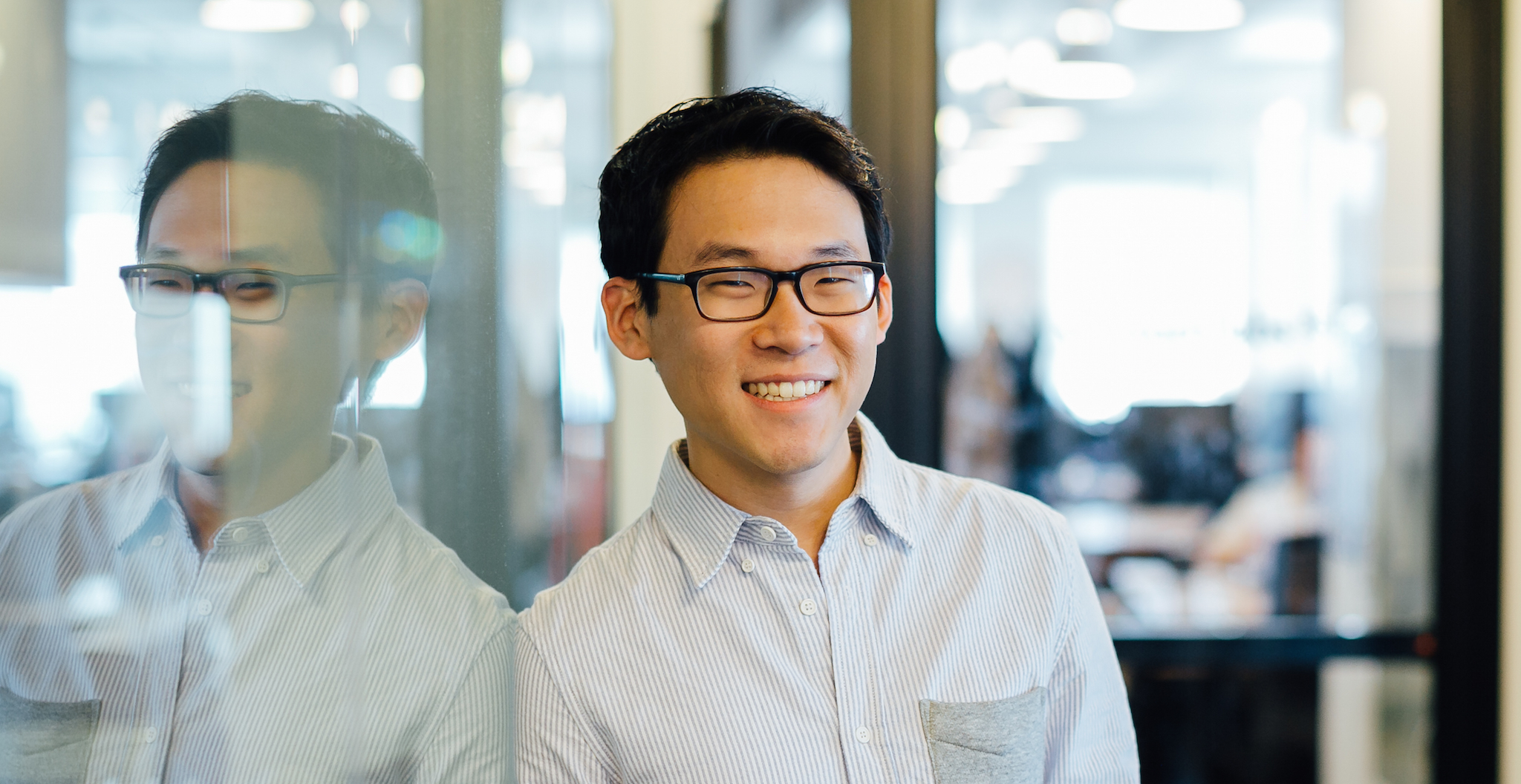After traveling across Southeast Asia, New Jersey native Maggie Doyne was inspired by a young Nepalese girl who had been separated from her family because of civil war. Nine years later, Doyne helped found the Kopila Valley School in western Nepal, bringing better access to education to scores of children.
Helping to make it possible was SunFarmer, a company that brought solar power to this remote part of the region.
Andy Moon, co-founder of Sunfarmer, says Doyne’s story reminds him of the importance of his organization’s work.
“SunFarmer’s mission is to make solar the most reliable and affordable source of energy in the developing world,” says Moon, a WeWork Fulton Center member. “In Kopila they couldn’t use lights, charge phones, and without electric fans the weather was so hot that children had trouble sleeping for four months of the year.”
Now, two years after their inception, the SunFarmer team has worked on 10 similar projects across Southeast Asia, all of which focus on bringing electricity to the developing world.
“We started by targeting only hospitals, but now we’ve expanded into schools, farms, and local businesses,” says Moon.
 A former management consultant, Andy spent time doing market finance at SunEdison, a solar energy company that has become one of the largest of its kind in the world. It was at SunEdison that Moon first grew interested in solar energy and met his future SunFarmer co-founder Jason Grey.
A former management consultant, Andy spent time doing market finance at SunEdison, a solar energy company that has become one of the largest of its kind in the world. It was at SunEdison that Moon first grew interested in solar energy and met his future SunFarmer co-founder Jason Grey.
“There are over 2 billion people without electricity,” Moon explains, a statistic that inspired him to make a radical change in his career path. “Without electricity, you can’t run hospitals, farmers can’t grow crops, businesses can’t run factories to employ people.”
Moon describes his company as a “nonprofit social enterprise,” meaning that while its mission is social in nature, it does charge customers for electricity.
“Donated solar projects have failed all over India and Asia,” Moon says. ”So our customers pay with affordable installments over five-year periods. We plan to complete 4,000 projects by 2020, and the only way is by raising money by charging customers for the electricity we provide.”
In the wake of Nepal’s recent earthquake, the SunFarmer team developed a separate donation-based project aimed at bringing clean water and electricity to the country.
Having put down strong roots in Nepal, Moon reveals this nonprofit work is very close to his heart.
“We’ve met so many truly inspiring nonprofits there,” says Moon.
Moon says his team has worked with a health clinic run by midwives that couldn’t obtain government-issued medical equipment because of the lack of electricity. Without proper tools or overhead lighting, these women were forced to deliver countless babies by flashlight.
“Electricity is one of the big problems that we face today,” Moon says. “It’s one of those big issues—like health, agriculture, and education—that our world should really be talking about. We take things for granted in the developed world, but being able to work with such an awesome team on such a huge problem is what keeps our team driving forward.”
Photo credit: Lauren Kallen




